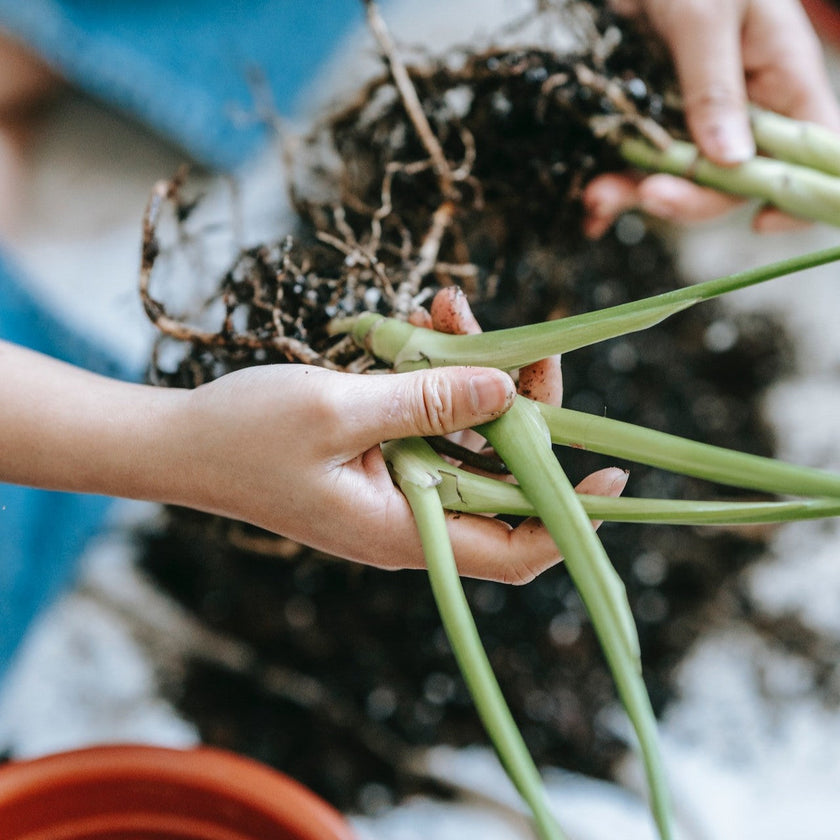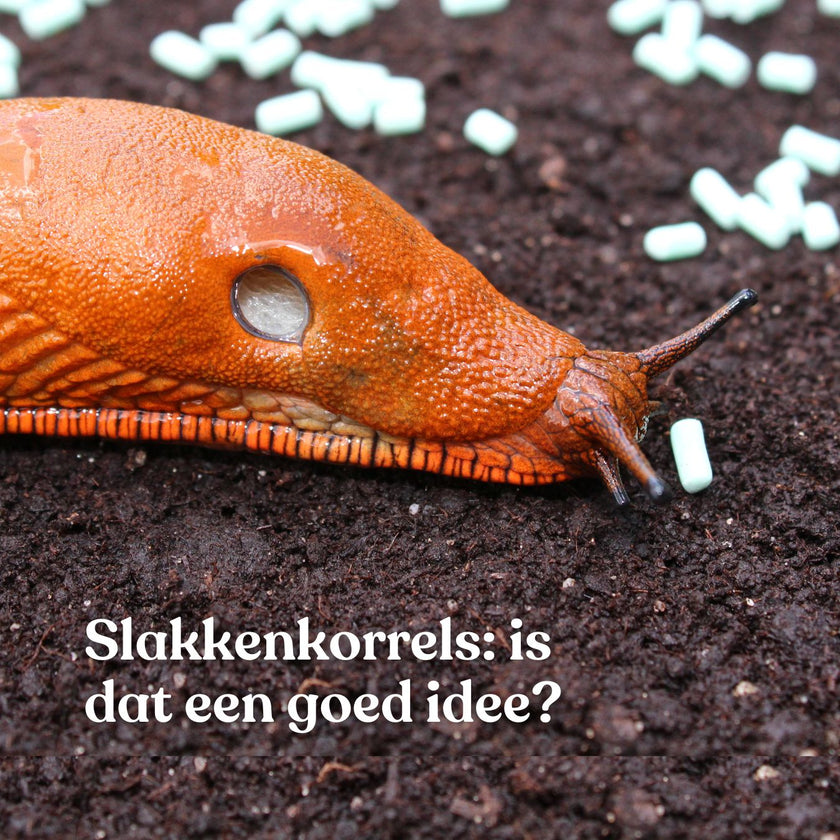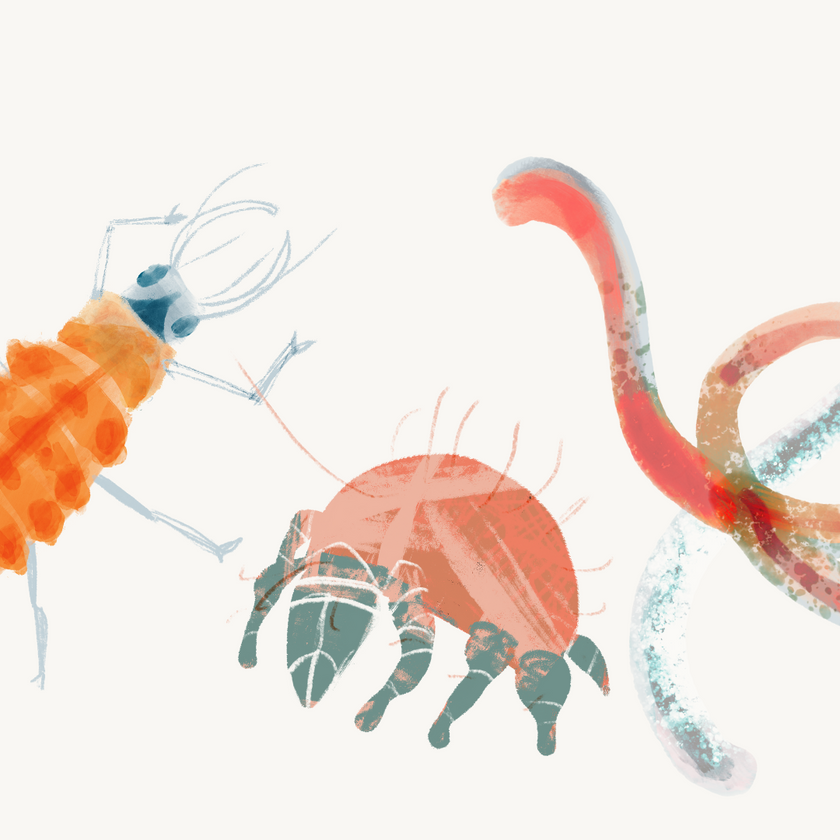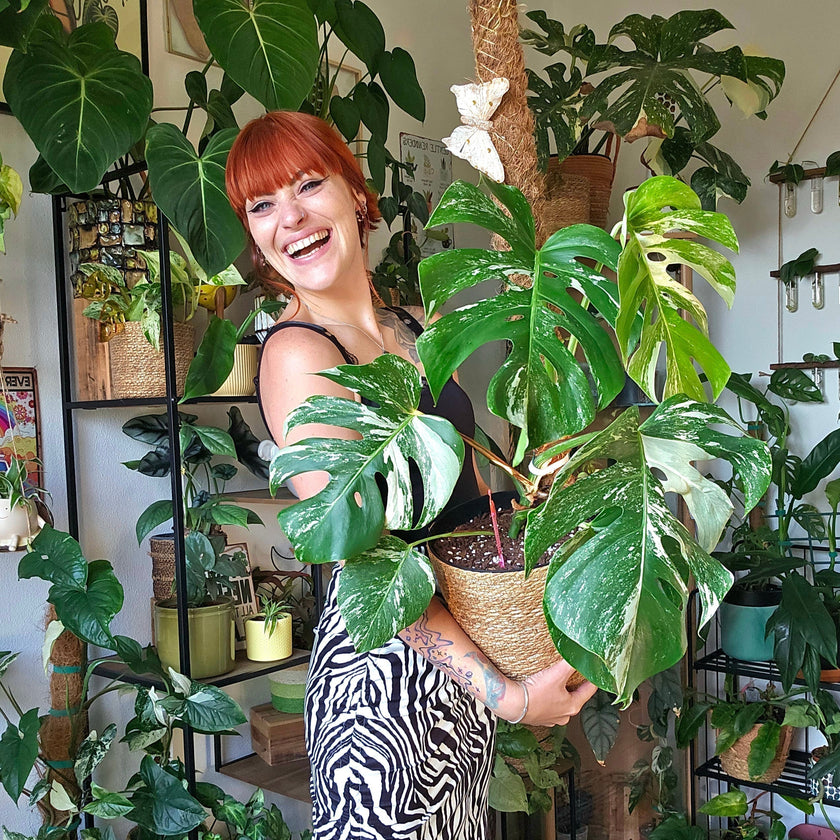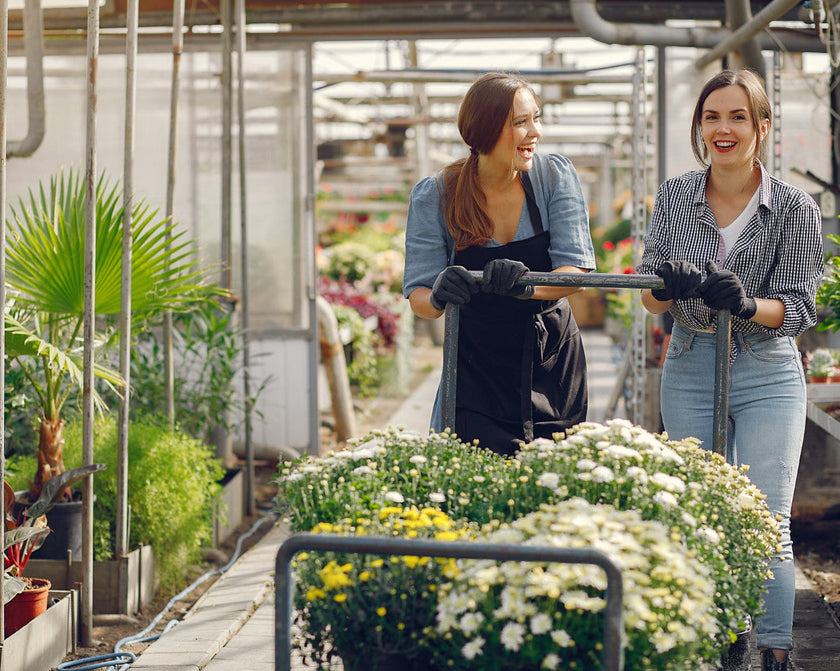We are committed to spreading more attention and knowledge about the importance of a livable ecosystem. With these four points of interest you can make a better decision whether that plant only enriches your garden or also contributes to a healthier landscape.
Tip 1: Keep the average hours of sunshine in your garden in mind
The number of hours of sunshine is important to increase the chance of flowering. Sun plants in your garden or balcony need more than four hours of sun. Does the sun not come to visit you for a long time? Then choose shade plants such as lungwort, wood anemone, European wasp orchid or wild garlic. A choice that you can hardly go wrong with is partial shade plants such as knapweed, campanula species, comfrey or bird vetch.
Tip 2: Choose variety
The word 'biodiversity' actually says it all. Create diversity in the types of plants that are allowed to grow in your garden. An additional step could be to offer food through flowers all year round, so that insects and birds have a place to rely on. One way to do this is to choose flower varieties with different flowering times. A mixture of seeds can also provide a solution, as it already contains plants with different flowering times. 
Tip 3: Think about the bottom
Every plant has its own preferences. A lime-loving plant likes a calcareous soil and will grow less well if the soil is too acidic. This of course also applies to plants that prefer acid-loving substrates. You won't make them happy with a calcareous soil. Always check the soil needs of the plant at the nursery, garden center or webshop.
Tip 4: Avoid chemicals
Choose organic plants that have been grown and cultivated without chemicals. When the plant is attacked by pest insects, choose biological pest control products. Chemical pesticides are bad for your health, but also that of all kinds of beautiful butterflies, wild bees and hoverflies. In other words, the good insects you need for pollination in the garden!
Conclusion
Choosing the right plants can be overwhelming and therefore time-consuming. To make it easy for you, we have the Buzz bag provided with various types of perennial and native plant species.










































